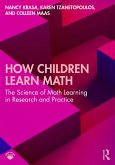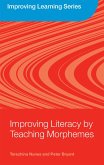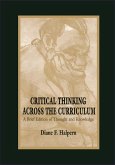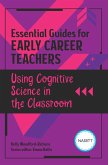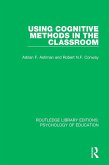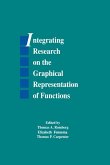Weaving together content, new methodologies, and science education pedagogies, it opens up new space for the meaningful inclusion of the science capital and cultural capital of Black people in the US science curricula. Drawing on ethnographic interviews with African American Gullah-Geechee and research outcomes from qualitative and quantitative research and curriculum development, it brings home the importance of attending to a sense of belonging in the K-12 science curricula toward lasting equity and inclusion. The author uses applied cognitive psychology theories as frameworks to show how perceptions about the perceived value of Black representation as a way of knowing is influenced by identity, culture, and social schemas.
Incorporating new methodologies and approaches focused on inclusion and belonging, it will appeal to scholars, researchers, upper-level and post-graduate students with interest in STEM education, race and ethnicity in education, equity, and research methods in education.
Dieser Download kann aus rechtlichen Gründen nur mit Rechnungsadresse in A, B, BG, CY, CZ, D, DK, EW, E, FIN, F, GR, HR, H, IRL, I, LT, L, LR, M, NL, PL, P, R, S, SLO, SK ausgeliefert werden.




